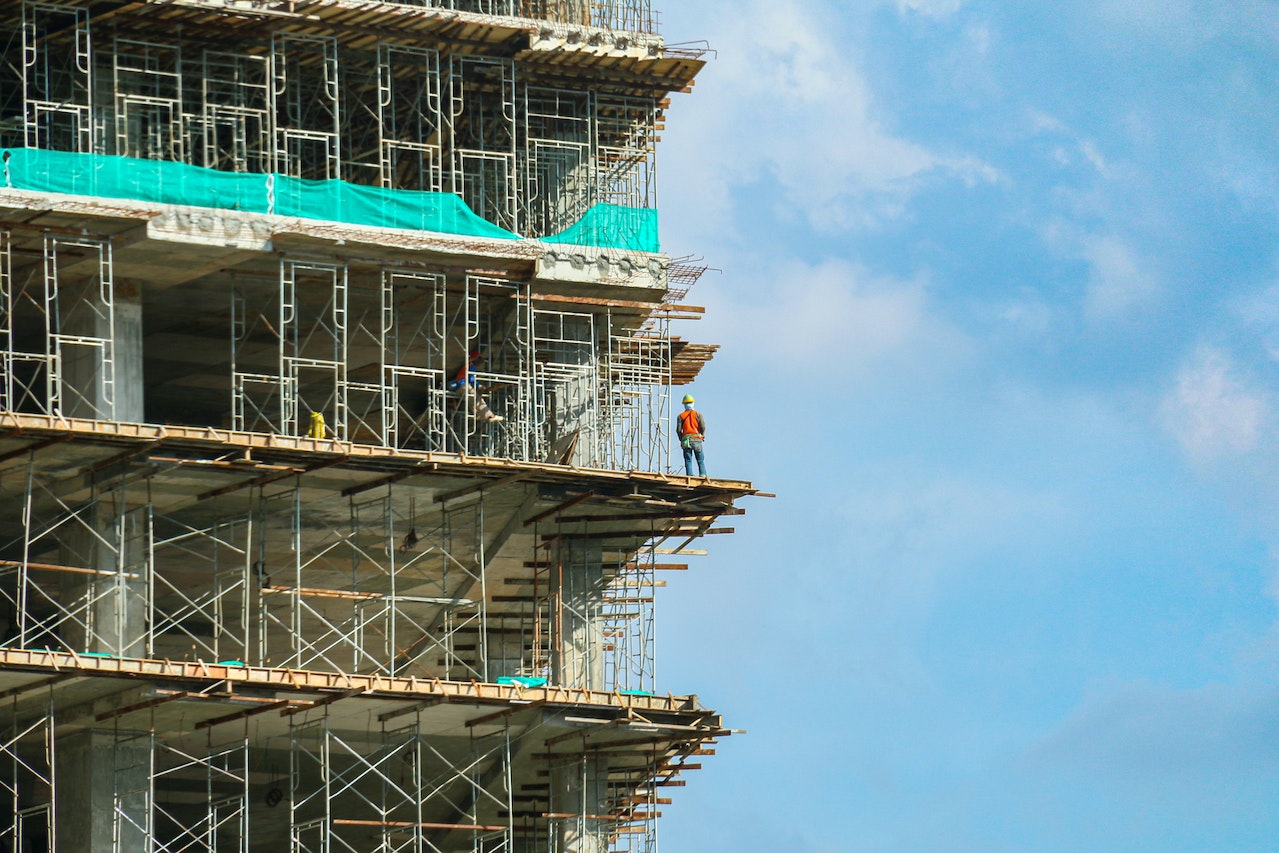Surety Bond Professionals is a family owned and operated bonding agency with over 30 years of experience. With access to a broad range of surety markets, our expert agents are ready to assist with all of your construction bond needs.
What is Lean Construction?
Lean construction is a holistic approach to building. Every stakeholder involved in a lean construction project focuses on the entire process, from design through completion of construction, and even beyond, to the end of the structure’s life cycle.
Lean construction is in stark contrast to the traditional approach to construction, in which individual stakeholders focus only on their own piece of the process. In a lean construction project, everyone has a voice and can offer input on any aspect of the project. For example, a plumbing subcontractor might offer a suggestion about the design of a building, and if it makes sense, it will be accepted.
The construction process still is a linear sequence of phases, but those phases are viewed as parts of a whole, like links in a chain, with each link relying on the others to maintain the chain’s integrity. In a lean construction project, with everyone considering the structure’s entire life cycle, there should be no surprises requiring rework and change orders, because all contingencies have been considered from the very beginning.
Lean Construction Principles
The following are the key principles underlying lean construction.
- Define the Value Stream to include all the process steps necessary to deliver a structure that meets all the project owner’s requirements, and specify the activities, labor, data, equipment, and materials associated with each. Do not include anything unless it adds value.
- “Pull Plan” all workflows so that work is scheduled and released based on downstream demand, as determined by those performing the work.
- Proactively Plan for Contingencies to offset potential variability, but only to the extent necessary (no unnecessary buffers).
- Improve Supply Chain Performance by having all stakeholders work together to reduce unexpected price hikes, materials shortages, and long lead times.
- Minimize or Eliminate Waste in the form of: defects requiring rework; early completion of tasks (before the next stage of the process can be started); delays due to the previous task not being completed on schedule or materials not having been delivered yet; not matching the right workers to the right jobs, which is a waste of their expertise; transporting people, equipment, or materials to the job site before they are needed; having too great a distance between workers and the tools or materials they need, which wastes motion; or activities that add no value for the project owner.
- Continuously improve processes based on analysis of previous projects.
Benefits of Lean Construction
Obviously, there wouldn’t be much sense in implementing lean construction if there weren’t significant benefits to be gained by doing so. It’s a massive transformation of the way construction is done, and one of the biggest challenges is overcoming the natural human resistance to changing long-standing behaviors. It’s worth the effort, though, considering the advantages it can yield compared to traditional construction, such as:
- Higher quality results
- Lower risk and enhanced safety
- Better cost control (a 6% to 7% reduction in costs, according to a McKinsey Global Institute study)
- A greater profit margin (70% of lean construction projects are completed under budget)
- Higher productivity (an increase of 8% to 9%)
- Improved planning and scheduling (45% of lean construction projects are completed early)
- Improved customer satisfaction, which enhances a construction company’s reputation and leads to more and larger projects
- Potentially enhanced bonding capacity
Advantages of Lean Construction from a Bonding Perspective
Projects of a size that make lean construction particularly important typically require contractors to furnish performance surety bonds to provide financial protection for the project owner in the event of noncompletion. The party guaranteeing a performance bond (the bond’s surety) has a vested interest in ensuring that the contractor has the financial strength, management expertise, and a track record of success to make defaulting on the contract extremely unlikely. Lean construction techniques dramatically reduce the scheduling and budgeting issues that can lead to a contractor’s inability to complete a job on time and within budget.
Consequently, a surety will look favorably upon contractors who implement lean construction, as it reduces the potential for having to intervene to bring the project to successful completion. Being known for effective lean construction can mean lower premium rates and greater bonding capacity.
Get A Quote
Our surety bond professionals will get you the construction bonds you need at a competitive rate.





